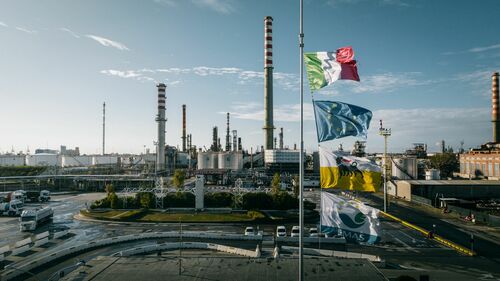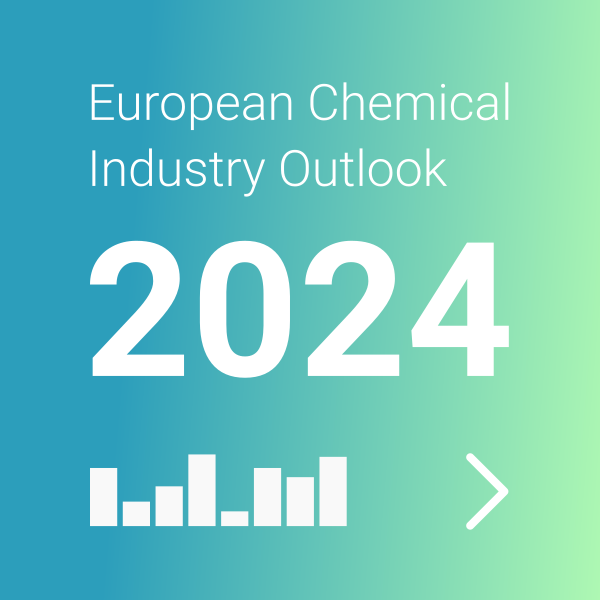
- The project includes a biogenic feedstock pre-treatment unit, a 500,000 tonnes/year Ecofining™ plant, and a hydrogen production facility.
- Construction is set to begin after regulatory approval, with completion expected by 2026.
- The plants will produce HVO diesel, HVO naphtha, and bio-LPG from vegetable waste and residue.
- Global demand for hydrogenated biofuels is forecasted to increase by 65% between 2024 and 2028.
Project Overview
Eni has confirmed plans to convert its Livorno refinery into Italy's third bio-refinery. The project, announced in October 2022, is pending official authorizations and includes the construction of three new facilities: a biogenic feedstock pre-treatment unit, a 500,000 tonnes/year Ecofining™ plant, and a hydrogen production facility from methane gas.
Decarbonization Strategy
This conversion aligns with Eni's strategy to achieve carbon neutrality by 2050. The company aims to increase its bio-refining capacity from the current 1.65 million tonnes/year to over 5 million tonnes/year by 2030. The Livorno site follows successful conversions in Porto Marghera (2014) and Gela (2019).
Operational Changes
In preparation for the conversion, Eni has ceased crude oil imports and shut down the lubricants production lines and Topping plant at Livorno. Fuel distribution in the area will continue through the import of finished and semi-finished products.
Construction Timeline
Preparatory work for the new bio-refining plants is underway, with construction set to begin following regulatory approval. The completion and commissioning of the plants are expected by 2026.
Production Details
The new facilities will process various biogenic feedstocks, primarily vegetable waste and residue, to produce HVO diesel, HVO naphtha, and bio-LPG. Eni, through Enilive, is currently the second-largest producer of hydrogenated biofuels (HVO) in Europe and the third-largest globally.
Market Demand
The project is driven by increasing demand for biofuels in Europe and Italy, particularly in the mobility sector, to meet emission reduction targets set by the RED III (Renewable Energy Directive) and comply with Italian legislation. Global demand for hydrogenated biofuels is expected to rise by 65% between 2024 and 2028.
